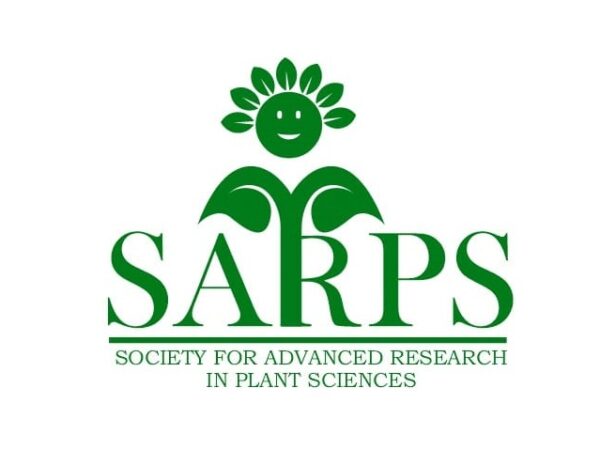
New Study Finds That Testosterone Affects the Adolescent Brain in Significant Ways
A recent study has shed light on the impact of testosterone on the developing brain during adolescence. The findings suggest that testosterone levels play a crucial role in shaping various aspects of cognitive function and behavior among teenagers.
The research, conducted by a team of experts, discovered that testosterone levels in the brain undergo significant changes during adolescence. These fluctuations have a direct influence on the way teenagers think, learn, and behave.
The study revealed that testosterone has a profound impact on brain functions such as memory, attention, and decision-making. The researchers found that higher levels of testosterone are associated with increased spatial abilities, allowing teenagers to navigate and understand complex environments more effectively.
Moreover, the study highlighted the influence of testosterone on social behavior. Adolescents with higher testosterone levels exhibited a greater inclination towards risk-taking and assertiveness. The hormone played a crucial role in shaping their confidence and social dominance during this critical stage of development.
Understanding these changes in testosterone levels and their effects on the brain is essential for comprehending the challenges faced by teenagers and their evolving behaviors. By recognizing the intricate interplay between hormones and brain function, we can gain valuable insights into the complexities of adolescent development.
This research has important implications for educators, parents, and healthcare professionals. By recognizing the role of testosterone in shaping cognitive and behavioral patterns, we can tailor educational strategies and support systems that effectively address the unique needs of teenagers.
While this study provides significant insights, it is important to remember that the effects of testosterone are just one piece of the puzzle. Adolescent brain development is a multifaceted process influenced by various factors, including genetics, environment, and social interactions.
Continued research in this area will deepen our understanding of the intricate mechanisms at play and help us create a more comprehensive framework for supporting the healthy development of teenagers.







